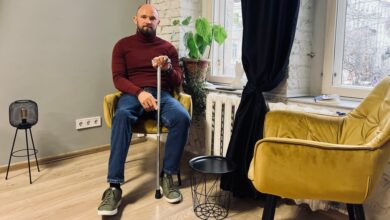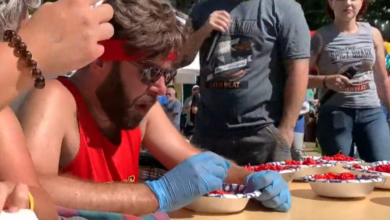RCMP officer discusses online student safety

Children returning to school on Tuesday will be meeting new people and interacting with some technologies for the first time. In the past, teaching young students about “stranger danger” meant being vigilant about unknown people in the physical environment, but with children spending more time online, they need to be prepared for the threats they could face in virtual spaces.
Corporal Carlie McCann with the RCMP said in an interview with CTV News that it’s really important for parents, or anybody who cares about young people, to make sure they are going to be safe online.
“One of the biggest ways that we can remind our kids and the young people in our lives to be safe online is to help them remember the internet is real life,” McCann said. “The things that we’re saying and doing and posting on the internet are being seen be real people, are being understood and watched by real people so it’s really important to make sure we are putting our best foot forward there.”
McCann says being safe means being aware of issues like cyberbullying and protecting information that can put you in danger, such as intimate images.
“Things can be shared more widely than young people expect,” McCann said.
For parents, McCann recommends communicating in age-appropriate ways with children about what is safe online.
“Figure out ways to talk about and keep those channels of communication open with the young people in their lives.”
McCann said children should know not to accept friend requests from strangers. If they are creating new accounts on any platform, parents should take steps to make sure they are ‘looped in’ to that online activity.
For parents who are intimidated by the internet, McCann says communication is key.
“What kind of videos or photos are being shared online? Talk about that with your kids, about what is okay to be shared and what isn’t okay.” McCann said.
Parents should know their children’s passwords and how to log in to their accounts, at least until they are old enough to expect some privacy.
“We want to make sure that the children, the really young people in our lives have a little bit more supervision on the internet just like they would when they’re playing with their friends or at school.”
McCann said kids should also know that if they run into a problem online, they can talk to an adult. If they make a mistake and release information, they shouldn’t; they need to know there is a safe place to go.
McCann also recommends some precautions for university students who are leaving home for the first time.
“Learn what safety protocols, what safety processes are already in place in their new communities,” McCann said.




